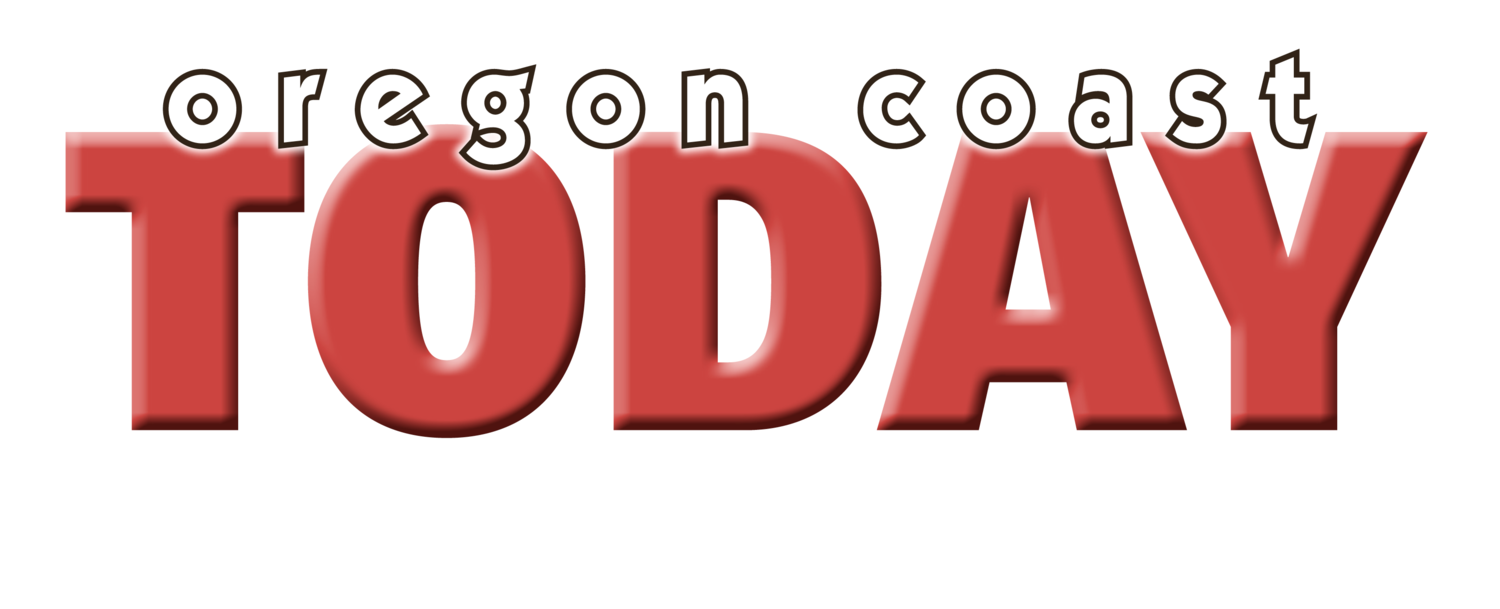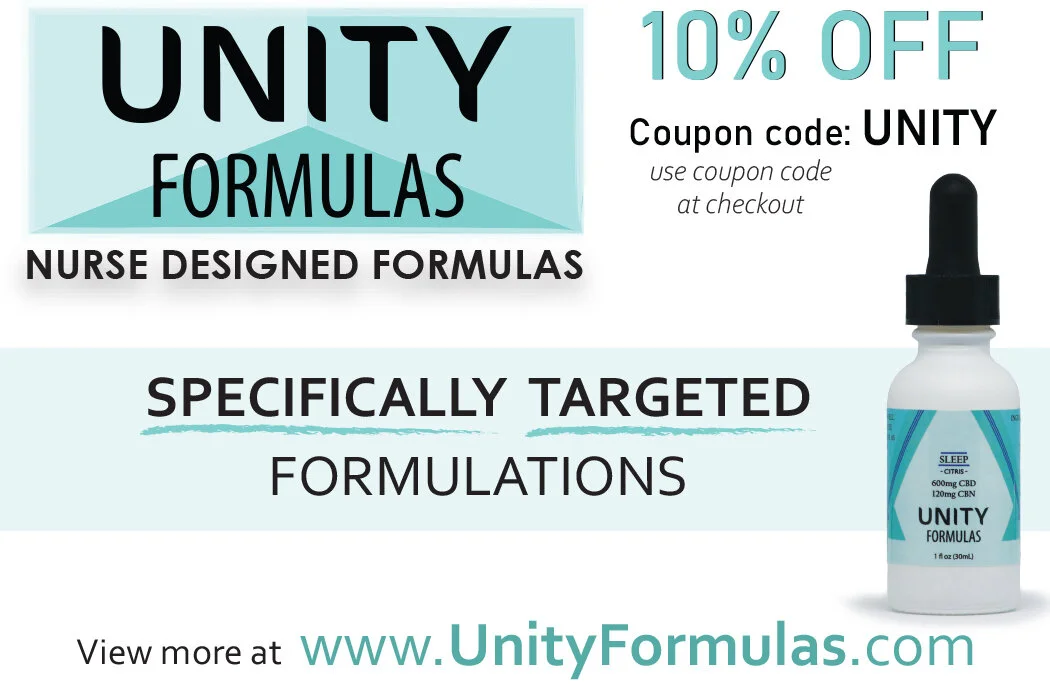Cannabis at the Coast
Bringing balance
Janna Champagne, BSN, RN
I’m a cannabis-specialty nurse in Oregon, which in itself is an immense challenge. Believe it or not, until just recently nurses in Oregon were subject to a gag order, prohibiting education of patients about medical cannabis, and having to fear for our licensure if we followed our ethical nurse obligations. My attorney, Lee Berger, managed to get this restriction overturned last month, so nurses are free to educate cannabis patients again, although we are still fighting to have clear parameters for nurses practicing this specialty in Oregon (despite 25 years of legal medical cannabis).
This initiative was important because patients often require education to fully understand the risks and potential benefits of cannabis. Many don’t realize the
Schedule I placement and stigma around this most healing herb is all smoke and mirrors, coincidentally benefitting corporations who see cannabis as business competition (limited access is not in the best interest of patients). Patients also benefit from guidance to help individualize the approach, match with therapeutic quality products targeting their specific needs, and advise spacing from pharmaceuticals to alleviate risk of harmful interactions.
Part of the problem is that doctors and nurses are not taught about our EndoCannabinoid System in school, nor are most aware tens of thousands of reputable research studies exist, supporting cannabis as a safe and effective intervention for dozens of conditions. Consequently, there’s a general lack of understanding that cannabis plant compounds mimic vital nutrients produced in our bodies called endocannabinoids. When we are deficient in endocannabinoids, it’s a condition called EndoCannabinoid Deficiency which is associated with every chronic illness (Russo, 2004). As it turns out, supplementing the compounds in the cannabis plant fills in seamlessly for our deficiency of endocannabinoids, as they are similar in structure and identical in function. Cannabis targets and promotes a corrective response in the underlying imbalances in every system of the body, thereby addressing the imbalances that contribute to illness.
I educate medical professionals of all kinds about cannabis, through accredited and college course content offerings, and the most reliable prompt to expand a skeptic’s medical paradigm is positive patient outcomes. In my years working with thousands of patients, I’ve seen some pretty amazing results, including: Stage 4 cancer remission/NED, reversal of autoimmune markers and successful autism/mental health crisis stabilization as well as medication reduction and weaning off notoriously addictive pharmaceuticals like benzodiazepines and opioid pain meds, both with physician oversight. All thanks to a plant that has an unsurpassed safety profile, mild if any side effects, and commonly prompts improvement in quality of life and function. Meanwhile opioids and other pharmaceuticals with possible side effects of death are freely accessible and even covered by insurance. Medical ethics dictate that practitioners educate objectively and help patients choose the best option to manage their health, which entails an objective risk vs benefit of all treatment options. When cannabis is objectively considered, it’s often the logical first choice for patients.
Please check out cannabisnurseapproved.com and unityformulas.com to find out more about how we may be of service. Also, make sure you pick up next week’s Oregon Coast TODAY and meet Breeze Card of CannaHoney.





